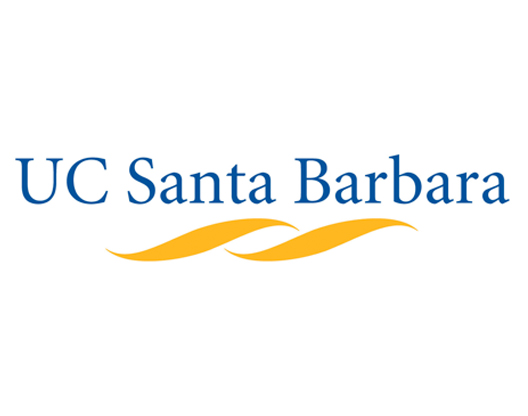The University of California Santa Barbara announced on May 26, 2016 that it is a Grand Challenges Explorations grant winner. David Low (pictured below), a professor in UCSB’s Department of Molecular, Cellular, and Developmental Biology, will pursue an innovative global health and development research project titled “Strategy for development of enteric pathogen-specific phage”.

Low’s research focuses on a new way to deal with serious bacterial pathogens that are becoming resistant to many once-powerful antibiotics. He will engineer phage to selectively target and destroy several pathogenic bacteria to prevent enteric diseases in infants. They will engineer different versions of the T2 lytic bacteriophage that bind multiple different regions of the BamA protein found on the surface of several pathogenic bacteria, which will ensure they only infect these target bacteria. They will test the different phage for capacity to kill pathogenic E. coli and Shigella, and whether they cause resistance.
Low was awarded his bachelor’s degree in biology from UC San Diego, his master’s degree in microbiology from San Diego State University and his Ph.D. in cellular biochemistry from UC Irvine. As a postdoctoral scholar at Stanford University he conducted research in molecular microbiology in the lab of Stanley Falkow, now a professor emeritus in microbiology and immunology.
Low joined the UCSB faculty in 1998 after 13 years as a professor at the University of Utah Health Sciences Center. He was elected a fellow of the American Academy of Microbiology in 2013 and of the American Association for the Advancement of Science in 2003.
In 2011, Guillermo Bazan, a professor in the Department of Chemistry and Biochemistry, was one of the winners of the GCE grant. Bazan’s award was for the study of how semiconducting molecules that penetrate the membranes of living organisms can facilitate the conversion of wastewater into energy. The Bill and Melinda Gates Foundation was interested in the possibility of using this technology to alleviate the emerging world’s problem with sanitation, which presents a significant health hazard and negatively impacts people’s dignity.
About Grand Challenges Explorations
Grand Challenges Explorations (GCE) funds individuals worldwide to explore ideas that can break the mold in how we solve persistent global health and development challenges. GCE is a $100 million initiative funded by the Bill & Melinda Gates Foundation and was launched in 2008. More than 1,186 projects in over 61 countries have received GCE grants. Anyone from any organization can apply for the GCE grant program. There is a short two-page online application and no preliminary data required. Initial grants of $100,000 are awarded two times a year. A successful project has the opportunity to receive a follow-on grant of up to $1 million.
“These grants are meant to spur on new discoveries that could ultimately save millions of lives,” said Chris Wilson, director of Global Health Discovery at the Bill & Melinda Gates Foundation. “GCE winners are expanding the pipeline of ideas for serious global health and development challenges where creative thinking is most urgently needed.”
The foundation will be accepting applications for the next GCE round in September 2016. Visit http://gcgh.grandchallenges.org for information on applying for grants, or to check out the challenges that were awarded grants this year. For additional funding opportunities visit http://GrandChallenges.org or http://GatesFoundation.org
